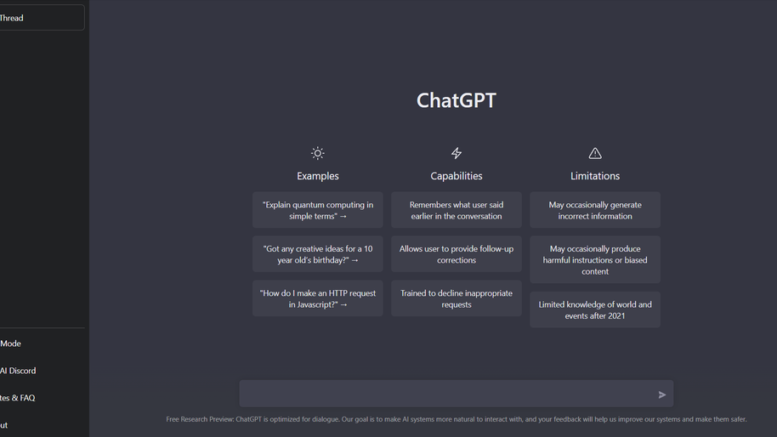ChatGPT is the hot new thing. It has been said to be able to take the role of many roles going forward in the future. To catch everyone up, ChatGTP is an AI chatbot that quickly garnered attention for its detailed responses and articulate answers across many domains of knowledge. Being so much smarter than it’s predecessors and able to perform tasks as good as or better than people has garnered attention.
This leads to the question, “What does the future of astronomy and AI like ChatGPT?” Although the project has a long way to go before it can replace astronomers (show why), there are some really interesting amateur astronomy use cases.
Image Processing
something that is and ChatGPT can do well in the future is graphic design. Amateur astronomers are already using AI to help process images in some ways such as removing noise. This would make image processing faster and more efficient; therefore, freeing up time to do more imaging. With the right models, it isn’t absurd to think that given some images of the moon, galaxy, or other DSO, an AI could stack and edit the images the same way a human could but faster.
Image Capture
Similar to the use case for image processing, an AI could be built to integrate with every aspect of a telescope and imaging setup. With the latest weather information and weather detection and list of items to image, an AI could move the gear and image without ever needing human input. Of course this might not be something we see in the near future, but is something that is definitely a possibility. There will be some things like ensuring power, maintenance of the gear, and keeping the telescope clean that the imager would need to do. But with remote imaging via the internet today available; this seems like the next step. Set up and go to sleep and AI would do it for you.
Choosing A Site, Object Selection, And Weather Prediction
It isn’t new to say that the weather can be predictable. Yes, there are exceptions like an exceptionally harsh drought, but in general, the weather is predictable. An example is choosing the best spot for viewing the August 2024 eclipse, based on previous weather and weather on that day. Plus if you want to go out and use gear; AI might be able to tell where to go that has clear skies. Additionally, AI would be able to identify targets faster than a person and make the proper adjustments accordingly. It isn’t absurd that future telescopes would have integrated AI, nor future tools.
Finding And Recommending Near Gear
Something else that AI could do that would otherwise be tedious is finding new products go on sale, when the one you want is in stock, and apply discounts. This differs from online emails as the AI might be able to track costs and say if it’s a good deal.
What do you think? Did we miss anything? Let us know in the comments below or via social media. We post articles regularly, on a weekly basis, so come back next week for more articles like this!

Be the first to comment on "ChatGPT, AI, and Astronomy: What does the future hold?"